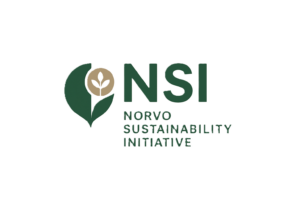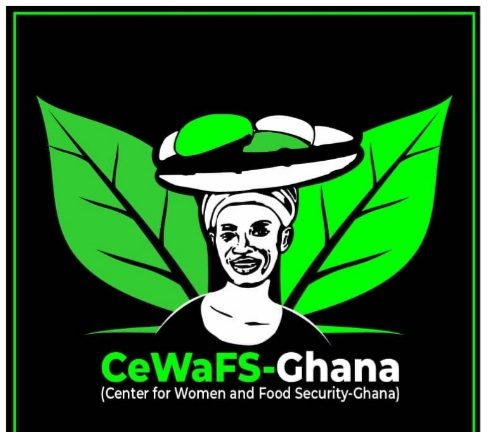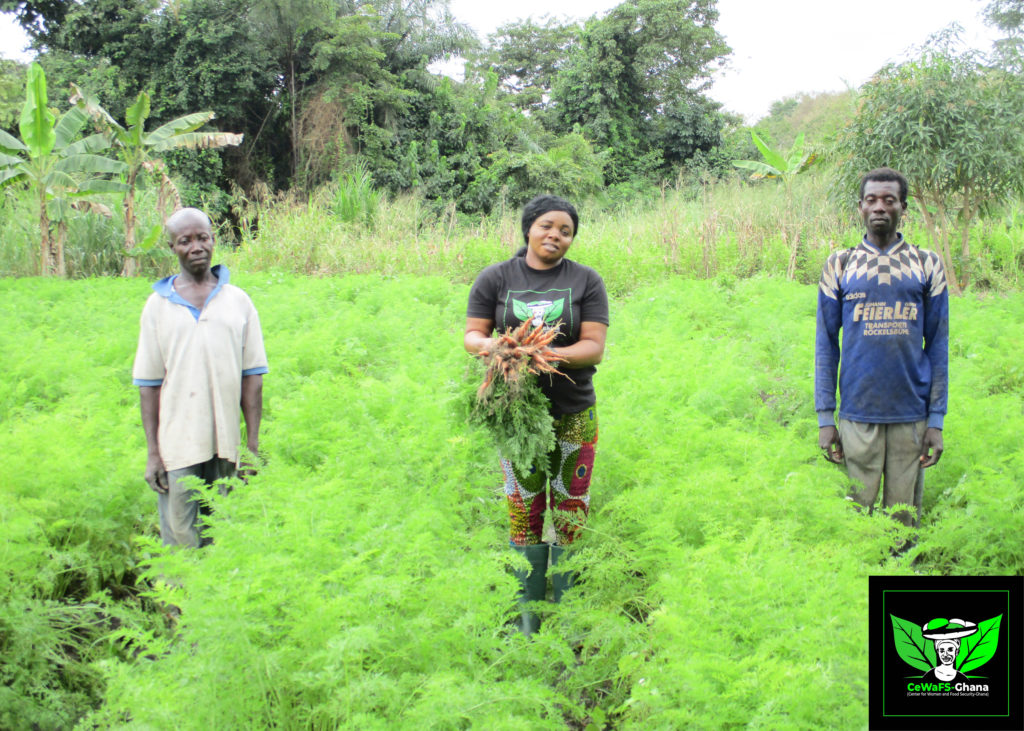Centre for Women and Food Security-Ghana
Who We Are:
- Women- and youth-led organization advancing land restoration, Food Security, climate resilience & gender equality.
- We empower women, girls, and young people through innovative livelihood programs, capacity building, and sustainable food security initiatives that transform communities.
CeWaFS-Ghana is passionately restoring degraded landscapes and strengthening food security. Promotes Nature-based Solutions, Indigenous knowledge, Environmental Sustainability, Climate-smart agriculture, and equitable governance.
Our Impact:
- GHG impact: 11,840 tCO₂e/year
- 26 hectares of degraded land restored, and transitioned to sustainable, climate-resilient practices
- 57,000+ smallholder farmers empowered in climate-smart agriculture (65% women, 40% youth)
- 1,126 Indigenous women trained as conservation leaders
- 75 metric tons of plastic waste diverted from the environment through circular economy initiatives
- Over 500 Smallholder Farmers supported with Irrigation Mechanization Services
- 15 Rural Girls saved from child marriages, 5 Rural Youth supported through tertiary Education
System Change
We drive transformative change by integrating food security and climate resilience with gender equity and environmental restoration. The system change focuses on creating a sustainable and equitable agricultural landscape through the following strategies:
-
Holistic Agricultural Development: Implement advanced agricultural techniques and technologies that enhance productivity and sustainability. This includes promoting climate-smart agriculture, optimizing resource use, and improving market access for smallholder farmers.
-
Empowering Women: Develop and execute gender-sensitive programs that enhance women’s roles and opportunities in agriculture. This involves providing training, access to resources, and leadership opportunities to empower women as key stakeholders in food security and climate resilience.
-
Strengthening Agricultural Value Chains: Support resource-deficient actors along the agricultural value chain by providing capacity-building, financial resources, and infrastructure. This aims to improve efficiency, reduce post-harvest losses, and create more robust market linkages.
-
Environmental Restoration: Integrate environmental restoration efforts into agricultural practices to improve ecosystem health and resilience. This includes habitat restoration, pollution control, and sustainable land management practices.
-
Collaborative Partnerships: Foster partnerships with local communities, government agencies, and international organizations to amplify impact, share knowledge, and coordinate efforts across sectors.
By addressing these interconnected areas, we Aim to create a resilient and equitable agricultural system that supports food security, climate adaptation, and sustainable development.
Highlights
- Boosting Health of Rural Farming Communities
- Raising Living Standards of Rural Female Farmers
- Enhancing Beans(cow pea, soya bean, etc) Production
- Boosting lives of farming communities
- Educating the Female Farmers
- Sustainable and Resilient Agriculture
- Climate Smart Agriculture
- Landscape Restoration
Quick Links
Our Esteemed Partners and Supporters























